Editorial by Richard Fisher, BTX Global Logistics Boston (BTX-BOS)
From a sales perspective, most of us are used to asking questions to determine where and how we can match our benefits to our client's needs. Asking the right questions go a long way in establishing a longstanding relationship of trust with customers and in gaining additional business from them. In a climate where trade wars and tariff changes are a consistent reality, asking importer clients about U.S. Customs Bond is key.
When talking to a client importer, remember to ask this question: “Is your Customs Bond sufficient to cover duties, taxes and fees in an environment where duty amounts may have radically increased?”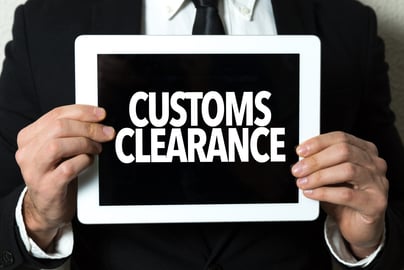
If you’re dealing with folks in transportation or logistics, you may get a very fuzzy response because they may not know. But raising the question will give you an avenue to follow up on.
Simply put, a U.S. Customs Bond may be deemed insufficient if an importer is paying more in duties, taxes and fees than the current bond is written to cover. If not remedied, insufficient bonds could result in the importer’s release of goods through U.S. Customs being stopped. Ultimately, U.S. Customs could void the record of the importer suspending its ability to import.
The logistics department may not have the authority to act on behalf of the client. Bonds may be handled by the Finance department or by legal counsel and getting them to act may take time.
The earlier in the process you bring this issue to your contacts, the higher the probability the client can remedy the situation by having their Surety increase the bond before it can ever become a problem.
Not to mention, you’ve now scored big points with your client and if you don’t already have their imports, you can ask for them.
Learn more about how BTX Global Logistics can facilitate the movement of your cargo regardless of its country of origin, destination or mode of transportation.
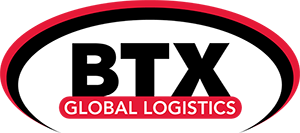




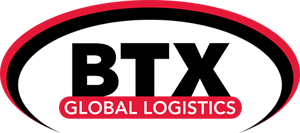





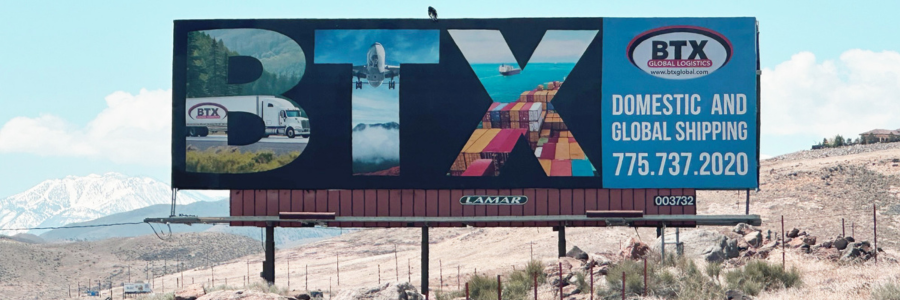
.png)
